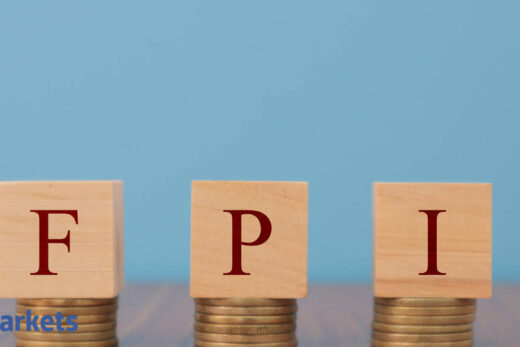The rating was based on strong performance shaped by the real estate firm. The consolidated net debt/net adjusted working capital was 0.64x at FY20 as compared to 0.64x in FY19. “Ind-Ra expects the ratio to have improved to 0.59x at FYE21 and to further reduce to 0.52x FYE22 respectively, as the net debt continues to decline,” it mentioned.
Sobha’s consolidated adjusted pre-sales (including collections from contracts and manufacturing business) to net debt ratio was 1.14x in FY20 (FY19: 1.35x). The ratio is likely to have declined to 1.12x in FY21 with the decline in sales due to the impact of the COVID-19 pandemic and fewer fresh launches.
Ind-Ra expects Grade-A real estate players such as Sobha likely to see a 49% yoy jump in floor space sold in FY22. “Sobha’s plan of launching nearly 10 million sqft of floor space over 4QFY21- 3QFY22 is likely to position the company well to benefit from the expected recovery,” the rating agency mentioned.
Bangalore accounted for 74% of the real estate presales while Gurugram, Chennai, Kochi and GIFT City accounted for 6%, 5%, 4% and 3%, respectively in FY20.
The company needs to spend Rs 3959 cr to complete the projects that it has already launched and offered for sale. Pending receivables from the already sold units stand at Rs 3104 cr. In addition, the company has Rs 5566 cr of unsold inventory in these projects. In addition, it had Rs 1191 cr of undrawn debt facilities.
The company had 2,411 acres of land (Sobha’s share) at FYE20. The land offered total development potential of 205 million sq ft. “The company has informed Ind-Ra that it shall not acquire significant new land unless its debt to equity falls to 1.1x (1.23x at end- December 2020). This is likely to help the company to deleverage further. Not purchasing more land while trying to monetise the existing land bank can be a good deleveraging strategy,” the report mentioned.



